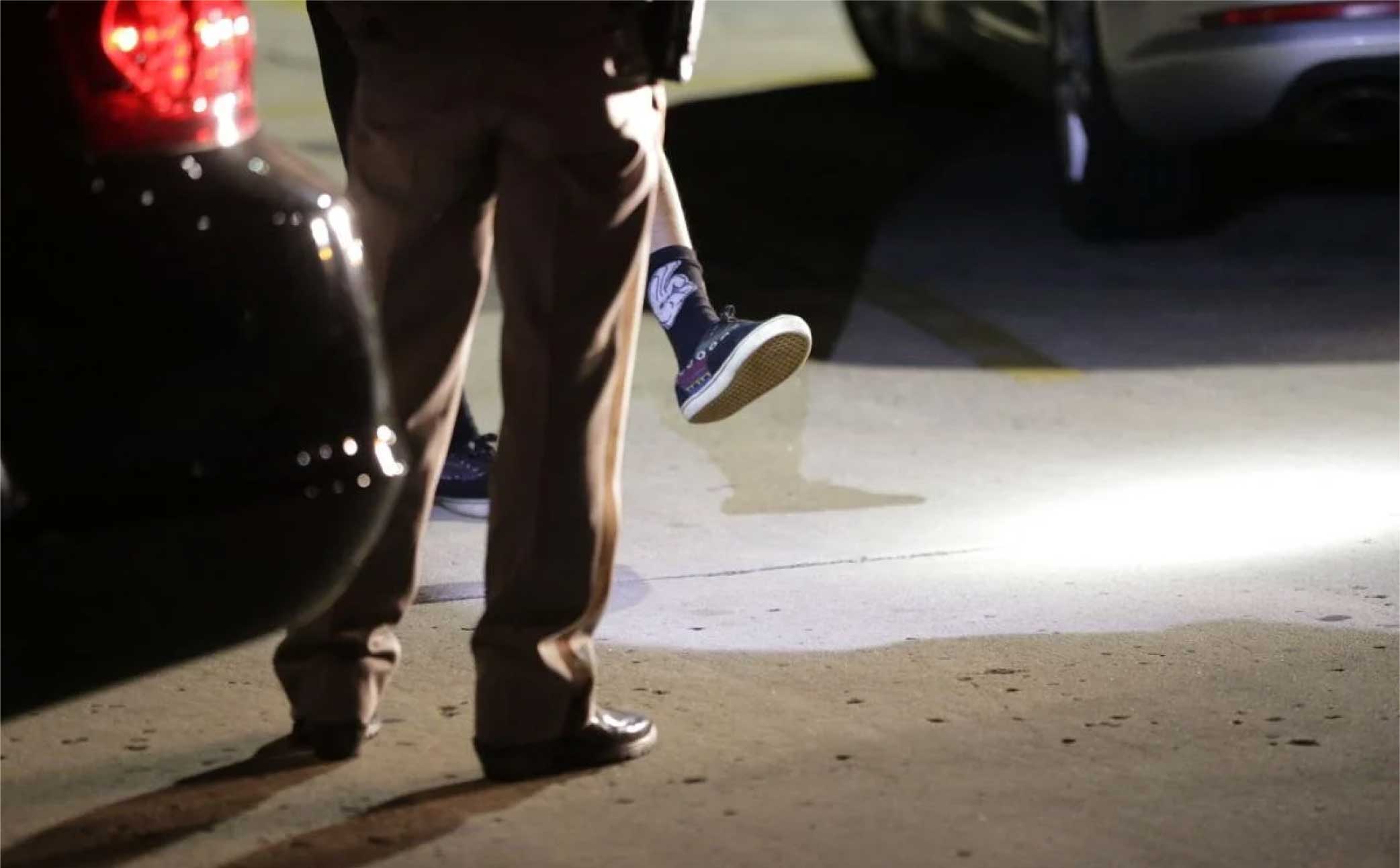ICYMI: Cross-deputization means nontribal police can arrest Native suspects

A nontribal police officer who is cross-deputized with a tribe can arrest a tribal member suspected of drunk driving. “The risk to public safety is enormous if officers do not have the authority to make those public safety decisions, ” Tulsa County District Attorney Steve Kunzweiler said. CURTIS KILLMAN/TULSA WORLD
Curtis Killman
Tulsa World
Published Jun 29, 2023
TULSA, Okla.—Court records from the past couple of years indicate multiple Tulsa police officers attempting enforcement actions have been met with the argument: “You have no jurisdiction over me—I’m Native American.”
That kind of confusion has continued across eastern Oklahoma since the U.S. Supreme Court’s 2020 McGirt decision. The landmark ruling, which reaffirmed that Congress had never disestablished the Muscogee Nation reservation, meant the state of Oklahoma doesn’t have jurisdiction to prosecute criminal cases involving Native Americans in much of the eastern half of the state. Those cases now must be brought in either federal or tribal court.
A 10th Circuit Court ruling in late June 2023 expanded the McGirt ruling after a Choctaw tribal member successfully argued the city of Tulsa had no right to issue him a traffic citation in Indian Country.
Since the McGirt ruling was issued in July 2020, tribes impacted by the decision have filed over 10,000 criminal cases, according to an informal Tulsa World survey. But many of those cases would not have been possible were it not for a program that was already in place.
The program, called cross-deputization, permits authorities from various local law enforcement agencies to jointly enforce tribal, state and federal laws.
Such agreements are common now across the state.
All Tulsa Police officers are cross-deputized with the Muscogee Nation Lighthorse and Cherokee Marshals. As of 2022, the Muscogee (Creek) Nation had 63 cross-deputization agreements with entities within its sovereign boundaries.
Since the Supreme Court issued its ruling finding that the Muscogee Nation reservation still existed, such beliefs — that a local nontribal law enforcement officer didn’t have jurisdiction over an American Indian within Indian Country — appear to have mistakenly increased with it.
Tulsa District Attorney Steve Kunzweiler said suspects will say almost anything to avoid arrest.
“The people who are committing crimes are going to try to find a way to get out of it, so I’ve heard those anecdotal stories of people who are pulled over by a local municipal agency who claimed the officer didn’t have the authority,” Kunzweiler said. “But the officer said, ‘Sorry buddy, I’m cross-deputized, so I have the ability to do that kind of work.’”
Kunzweiler described cross-deputization agreements as a useful tool for law enforcement agencies.
“Any nontribal law enforcement agency can enter into cross-deputization agreements with tribal authorities,” Kunzweiler said. “So they have the authority to investigate and make arrests of individuals who may commit a crime that they subsequently determine to be Indian,” Kunzweiler said.
As an example, Kunzweiler said a nontribal police officer who is cross-deputized with the tribe whose reservation they patrol can arrest a tribal member suspected of drunk driving.
“The risk to public safety is enormous if officers do not have the authority to make those public safety decisions,” Kunzweiler said.
Broken Arrow City Manager Michael Spurgeon said all of the city’s police officers are cross- deputized with the Muscogee Nation Lighthorse Police.
“We have to work together because we are serving the same citizens,” Spurgeon said.
###




